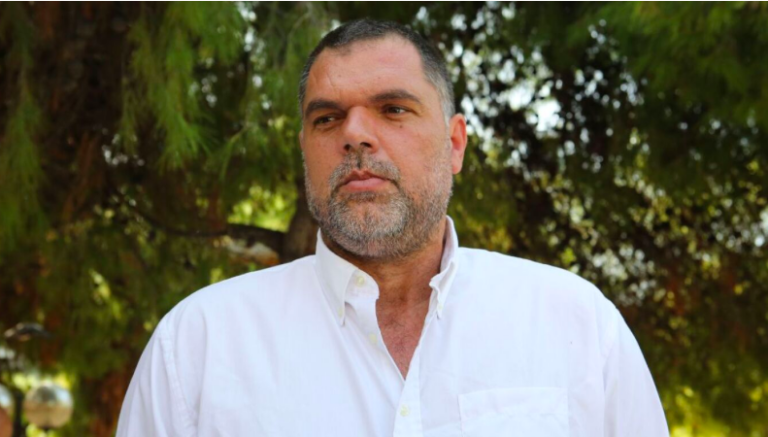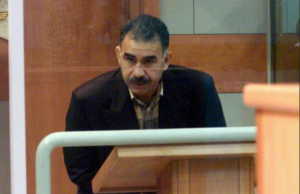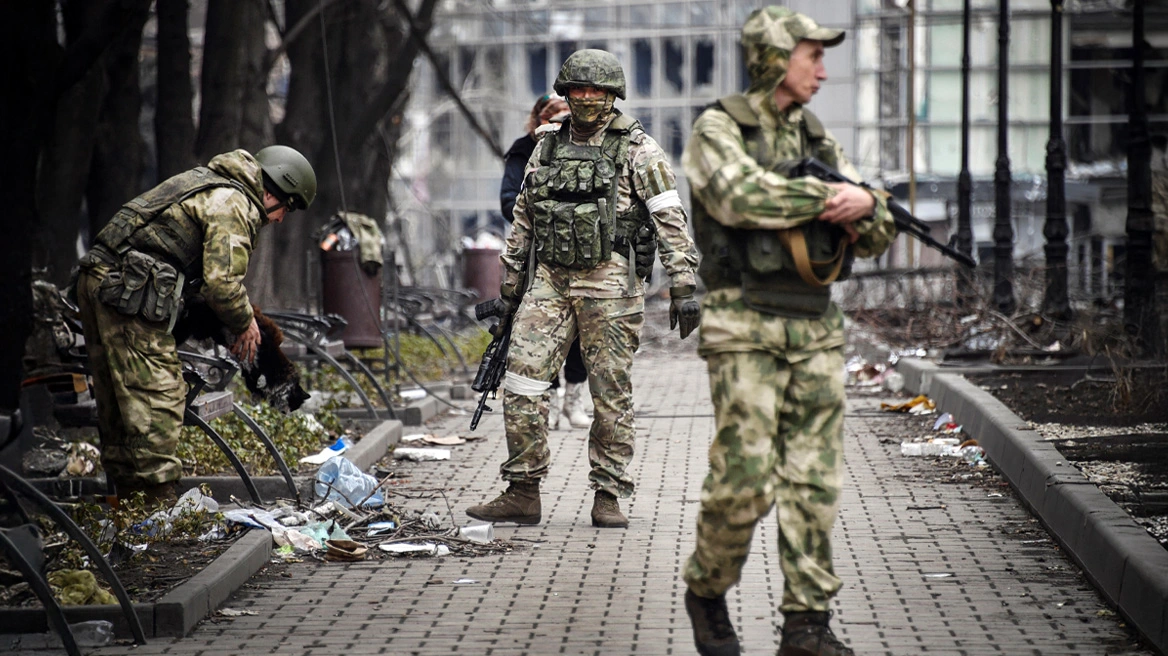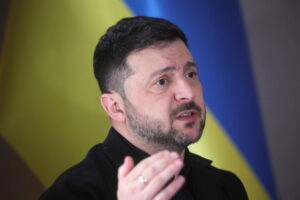Dimitris Papanikolaou has often spoken about his daughter, Aria, who has Asperger’s syndrome, just like him. In a new interview on the show Breakfast@Star on March 18, the retired basketball player shared that when his child was diagnosed at the age of three, he decided to take action and fight for a better world—both for his daughter and for thousands of other children.
He also discussed the many instances of exclusion his daughter experienced at school, in sports activities, and in her social environment, as she was not invited to parties. Papanikolaou explained that these experiences deeply affected her mental health, which in turn influenced the atmosphere at home.
Speaking about his current efforts, Papanikolaou stated:
“I am working on an event promoting equal access, inspired by my daughter, who was diagnosed with autism at three years old. In my attempt to create a better world for her and many other children, I put myself in the spotlight, and I have never regretted it for a second.”
“My daughter was bullied by classmates, and we faced closed doors even from adults”
Back in December, Papanikolaou had spoken about his daughter on Super Katerina, revealing that she had been bullied not only by her peers but also by adults. He explained that his decision to publicly discuss Asperger’s syndrome was primarily to protect his daughter, even though his wife initially had concerns about the stigma.
He recalled telling his wife, Elia, that going public with their daughter’s condition would help protect her and assist other families. However, she was initially hesitant, fearing their child would be labeled.
“What helped me was trying to convince my wife that we needed to go public about Aria’s condition to protect her and help others. At first, she was against it because she was afraid of stigma. Autism is an invisible disability,” he said.
He also revealed that their daughter had suffered bullying at school.
“My daughter was bullied by her classmates and was excluded from school. Even on TikTok, they called her ‘autistic’ as an insult, and in person, she faced relentless bullying. These children are trusting and don’t have filters, so they would make her dance to anything at school.”
Papanikolaou stressed that discrimination against their daughter didn’t come only from children but also from adults.
“The issue isn’t just with the kids. We were all kids once. But we also encountered closed doors from adults. They wanted to expel her from school; they wouldn’t accept her. We struggled to find a place where she could engage in sports. However, I believe that good people outnumber the bad ones—you just have to activate them.”
Ask me anything
Explore related questions





